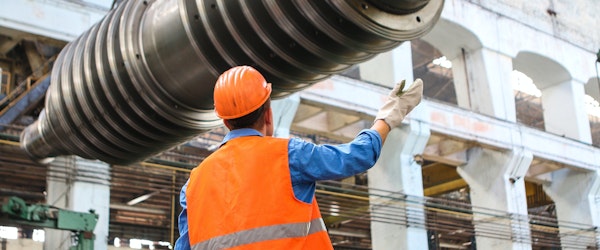
Navigating Construction Challenges and Emerging Trends
Tuesday, September 3rd, 2024 Litigation Property Risk Management TechnologyAs the construction industry gears up for 2025, it faces a complex landscape of challenges and opportunities. Persistent issues like labor shortages, project delays, and rising costs continue to strain the sector, exacerbated by ongoing supply chain disruptions and inflation. These factors have led to an increase in claims, particularly those related to project delays, which are often difficult to resolve due to their non-damage nature.
To mitigate these issues, industry stakeholders are turning to innovative solutions, such as AI, machine learning, and advanced safety equipment. AI is revolutionizing project management by optimizing scheduling, resource allocation, and risk management. However, the adoption of AI also brings potential legal and cybersecurity risks, requiring careful consideration in contracts and data management practices.
Safety concerns remain a top priority, with the introduction of new technology-driven safety gear like advanced helmets and wearables. These innovations aim to reduce injuries on site, but their effectiveness hinges on widespread adoption. As construction companies continue to adapt to these emerging trends, they must balance the immediate costs of new technologies with the long-term benefits of increased efficiency, safety, and sustainability.





